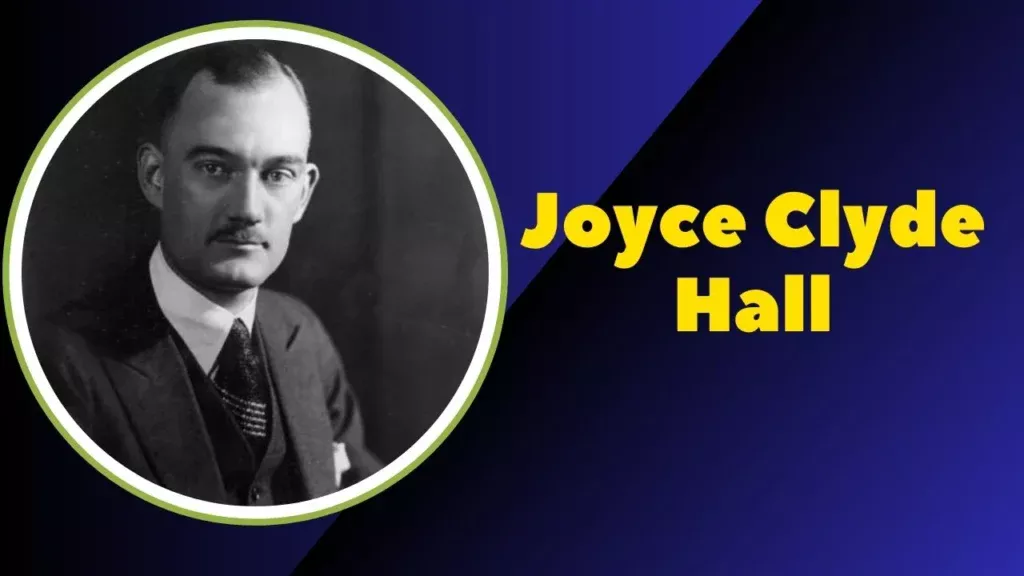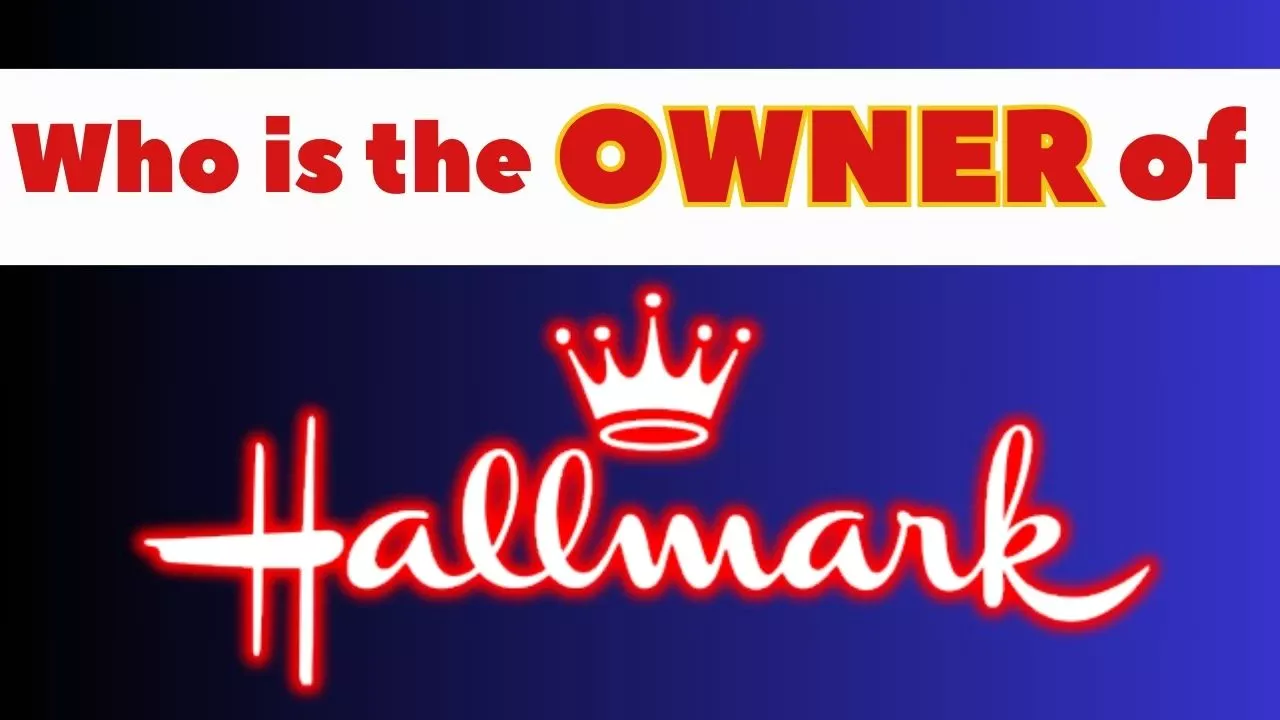Hallmark Cards, Inc. is one of the most well-known and respected companies in the world, famous for its greeting cards, television network, and various other products that help people celebrate special moments.
Many people wonder who owns Hallmark and how the company operates. This article provides a comprehensive look at Hallmark’s ownership, leadership, and history.
Is Hallmark Privately Owned or Publicly Traded?
Hallmark is a privately owned company, meaning it is not listed on the stock market, and the public cannot buy shares in it.
Unlike publicly traded companies, which have many shareholders, Hallmark has remained under the ownership of the Hall family since it was founded.
Who Founded Hallmark?
Hallmark was founded in 1910 by Joyce Clyde Hall in Kansas City, Missouri. Originally, Hall started by selling picture postcards.

Over time, he saw the potential in greeting cards and expanded into that business. His vision transformed Hallmark into a global brand known for its high-quality cards and meaningful messages.
Joyce C. Hall believed in creativity and innovation, values that still guide Hallmark today. He introduced the idea of personal sentiment in greeting cards, helping the company stand out from its competitors.
Even though he passed away in 1982, his legacy continues through the Hall family, who still own and control the company.
Who Owns Hallmark Today?
Today, Hallmark remains under the control and ownership of the Hall family. The company is privately held, which means it does not have to answer to public shareholders.
Instead, it is managed and owned by descendants of Joyce C. Hall. The Hall family has maintained control to ensure the company stays true to its founding principles of quality, innovation, and emotional connection.
Key Members of the Hall Family and Leadership:
Donald J. Hall Sr.

The current Executive Chairman of the Board of Directors, Donald J. Hall Jr. has continued the family’s legacy of leadership and innovation.
A grandson of Hallmark’s founder, he joined the company in 1971 and has held various roles in manufacturing, customer service, product development, and sales.
He has been a board member since 1990. Over the years, he played a key role in Hallmark Keepsake Ornaments and product development before becoming President and CEO in 2002. In 2015, his brother, David E.
Hall, joined him in leadership, and in 2019, Donald transitioned to his current role as Executive Chairman. He is also actively involved in the Kansas City community, serving on boards such as the Nelson Atkins Museum of Art, MRIGlobal Board of Trustees, and the Kansas City Civic Council.
David E. Hall

David Hall serves as the Executive Vice Chairman of the Board of Directors for Hallmark Cards, Inc. A grandson of Joyce C.
Hall, he has been with the company since 1981, holding various leadership roles in sales administration, finance, order distribution, and legal affairs.
Over the years, he has played a key role in Hallmark’s strategic development, including his tenure as President of Hallmark North America before assuming his current role in 2019.
He is also actively involved in community organizations such as the United Way of Greater Kansas City and the Kansas City Area Development Council.
Mike Perry
Although not a Hall family member, Mike Perry is the President and Chief Executive Officer (CEO) of Hallmark. He was appointed CEO in 2019 and is responsible for the daily operations and future direction of the company.
How the Hall Family Maintains Control Over Hallmark
The Hall family’s private ownership of Hallmark allows them to make long-term business decisions without the pressure of short-term stock market expectations.
This means they can focus on preserving the company’s values rather than meeting quarterly earnings targets.
Unlike many family-owned companies that sell off parts of their business over time, the Hall family has remained committed to keeping Hallmark independent.
By not going public, they ensure that Hallmark can maintain its brand identity, invest in innovation, and adapt to market changes without outside influence.
Hallmark’s Business Operations
Hallmark is much more than just greeting cards. The company owns several brands and subsidiaries, including:
- Hallmark Greeting Cards – The company’s core business, producing millions of greeting cards each year for birthdays, holidays, and special occasions.
- Hallmark Channel – A highly successful television network known for its family-friendly movies, holiday specials, and original series.
- Crayola – A globally recognized brand of crayons and art supplies, which Hallmark acquired in 1984.
- Crown Media Holdings – The company behind Hallmark’s media and entertainment division.
- DaySpring – A subsidiary that specializes in faith-based greeting cards and gifts.
Why Is Hallmark Still Privately Owned?
Hallmark has remained privately owned because the Hall family wants to keep control over the company’s mission and values.
Private ownership allows the company to take a long-term approach, focusing on innovation and brand loyalty instead of short-term stock performance. This has helped Hallmark maintain a strong reputation for quality and trust.
The family also believes in corporate social responsibility. Hallmark has been involved in numerous charitable efforts, supporting education, the arts, and social causes.
Keeping the company private allows them to continue these efforts without external pressure from investors who might prioritize profits over philanthropy.
Conclusion: Who Owns Hallmark?
Hallmark is owned by the Hall family, with Donald J. Hall Jr. and David E. Hall playing key roles in its leadership.
The company remains privately held, meaning it is not traded on the stock market. This structure allows Hallmark to stay focused on its mission of creating meaningful connections through greeting cards, entertainment, and creative products.
With its strong leadership and long-standing reputation, Hallmark is expected to remain a family-owned business for generations to come.

